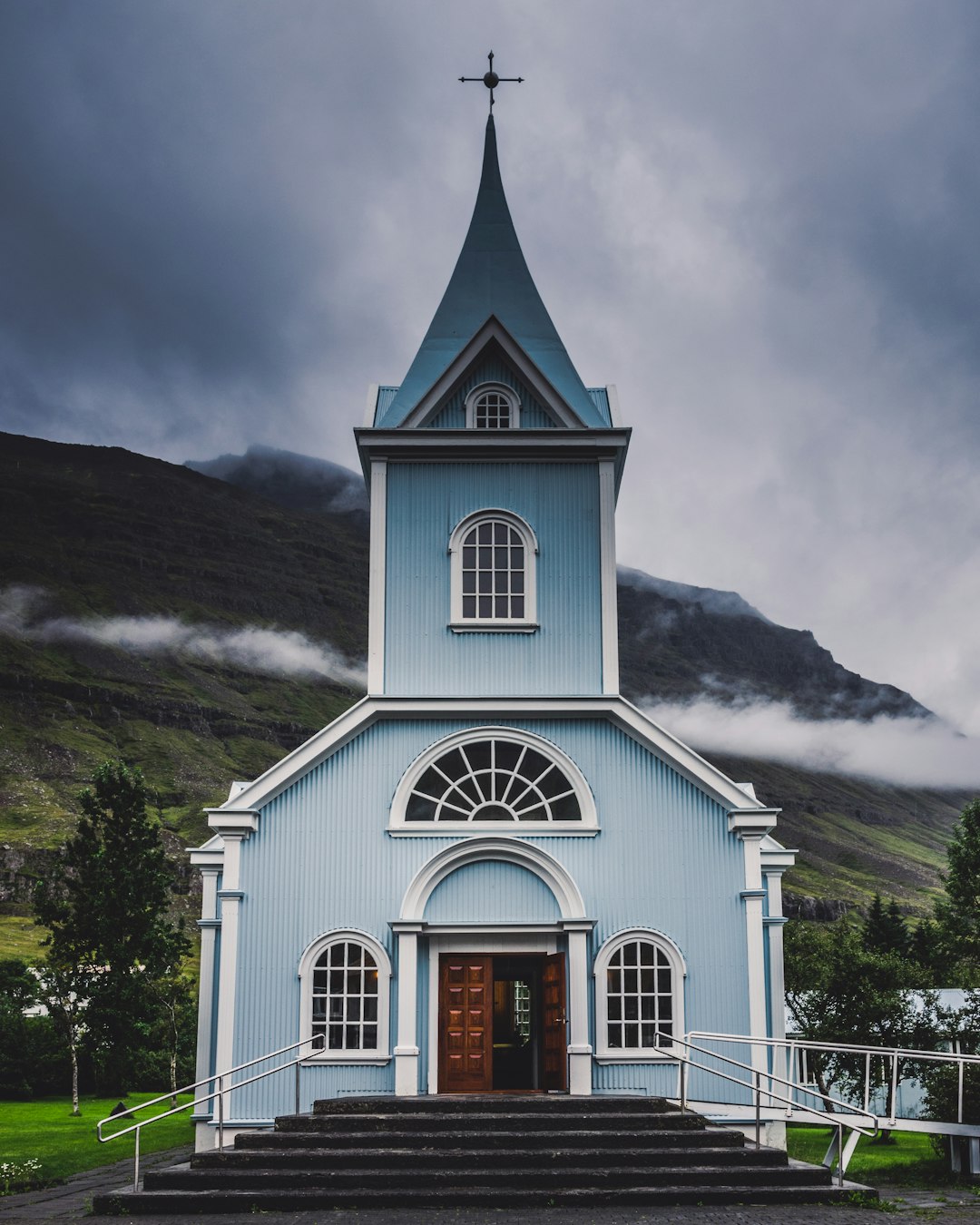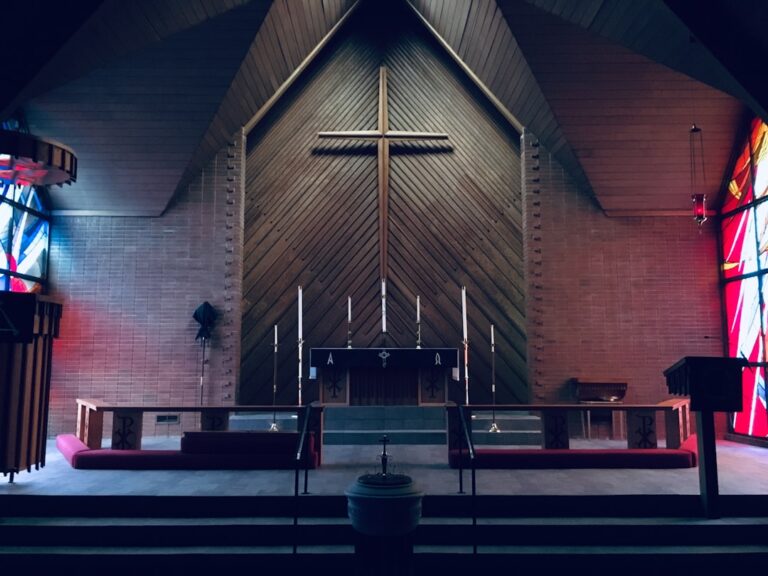In Colorado, survivors of clerical abuse face unique challenges but have legal rights and protections. Specialized clergy abuse lawyers Colorado are crucial for navigating complex cases, seeking justice, and providing support through civil lawsuits or criminal reporting. These attorneys help victims heal by understanding their entitlements, advocating for their rights, and ensuring safety from retaliation. The initial step is consulting an experienced lawyer who specializes in these cases, offering tailored guidance and advocacy throughout the legal process.
“In Colorado, survivors of clerical abuse face unique challenges as they navigate the complexities of legal rights and support systems. This comprehensive guide aims to empower individuals by shedding light on the profound impact of clergy abuse and offering practical steps towards justice.
We explore critical aspects, including understanding the dynamics of such abuse, recognizing your legal rights, and finding specialized clergy abuse lawyers in Colorado. Additionally, we provide insights into the legal process, accessible resources, and support networks tailored to Colorado survivors.”
Understanding Clergy Abuse and Its Impact in Colorado

In Colorado, clergy abuse refers to any form of misconduct or exploitation committed by individuals in positions of religious authority, causing physical, emotional, or psychological harm to their victims. This can include sexual abuse, emotional manipulation, and other forms of coercion within religious organizations. The impact of such abuse is profound and long-lasting, often leading to severe mental health issues, trust deficits, and a distorted sense of self in survivors.
Survivors of clergy abuse in Colorado face unique challenges when seeking justice. Many victims may have experienced trauma that prevents them from speaking out immediately, while others might fear stigma or retaliation from their communities. Fortunately, specialized clergy abuse lawyers in Colorado offer crucial support to those who have suffered such abuses. These legal professionals help survivors navigate complex legal systems, ensuring they receive the compensation and accountability they deserve.
Legal Rights of Survivors: What You Need to Know

In Colorado, survivors of clergy abuse have specific legal rights and protections. If you or someone you know has experienced sexual or physical abuse at the hands of a religious leader, it’s crucial to understand your entitlements. The first step is to connect with experienced clergy abuse lawyers Colorado who can guide you through the complex legal landscape and help you seek justice and closure. These professionals are well-versed in the unique challenges faced by survivors and can advocate for your rights.
Survivors have the right to pursue civil lawsuits against their abusers and institutions that enabled or ignored the abuse. This may include seeking compensation for emotional distress, medical expenses, and other damages. Additionally, Colorado laws offer protections against retaliation for reporting abuse, ensuring survivors can come forward safely. Knowing these rights is an essential first step in the healing process and holding perpetrators accountable.
Finding the Right Clergy Abuse Lawyers in Colorado

When seeking justice and healing after experiencing clerical abuse in Colorado, it’s crucial to find experienced and compassionate clergy abuse lawyers. These legal professionals specialize in navigating the complex laws surrounding religious institutions and can provide a much-needed support system during what is often an emotional and challenging time. Their expertise lies in understanding not only the legal aspects of such cases but also the unique dynamics and power structures within religious organizations.
The search for the right clergy abuse lawyers in Colorado involves considering their track record, areas of practice specialization, and a genuine empathy for survivors’ journeys. Look for attorneys who have experience handling similar cases, as this indicates their understanding of the issues at hand and the legal strategies required to achieve favorable outcomes. A strong advocate will not only fight for your rights but also offer guidance tailored to your specific needs, ensuring you receive the support you deserve during the legal process.
The Process: How to Take Legal Action

When considering legal action against a cleric or religious organization for abuse, it’s crucial to understand the process. The first step is to consult with a reputable clergy abuse lawyer Colorado who specializes in such cases. They will help you assess your situation, gather evidence, and determine if you have a valid claim. This may involve reviewing documents, interviewing witnesses, and analyzing any relevant policies or procedures within the religious institution.
Your attorney will guide you through each stage of the legal process, from filing a complaint to negotiating a settlement or preparing for trial. It’s important to remember that time limits apply for filing claims, so prompt action is essential. They will ensure your rights are protected and help navigate the complex legal system, providing support and advocacy throughout the entire process.
Support and Resources for Survivors in Colorado

Survivors of clergy abuse in Colorado can find support and resources through various organizations dedicated to assisting them. These groups offer legal aid, counseling, and advocacy services tailored to help individuals navigate the complexities of their experiences. Many non-profit organizations and support networks specialize in providing a safe space for survivors to share their stories and connect with others who have faced similar challenges.
Legal support is accessible through clergy abuse lawyers in Colorado who possess expertise in handling such sensitive cases. These attorneys understand the unique legal nuances surrounding clerical abuse and can guide survivors through the process of seeking justice, whether it involves civil litigation or reporting criminal offenses. With their assistance, victims can take steps towards healing and ensuring accountability.





